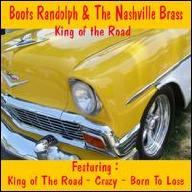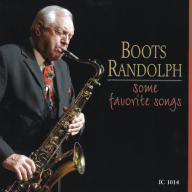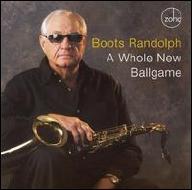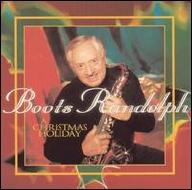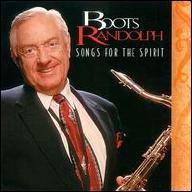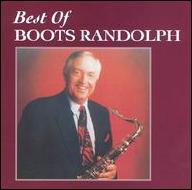After the war, Randolph returned home and performed semi-professionally for some years around Indiana, Kentucky, and Illinois. In the late '50s, Jethro Burns heard him play and suggested he move to Nashville. Burns introduced Randolph to Chet Atkins, who signed him to the RCA label. Randolph also quickly made the acquaintance of Atkins rival Owen Bradley and performed on many recordings Bradley helmed as producer. Nashville's new corps of session musicians spent its leisure time in the Printer's Alley section of the city's downtown, an actual alley (between First and Second avenues) that offered entrance to various basement barrooms, and Randolph became one of the group. Like other Nashville players, he took enthusiastically to jazz and rock roll in addition to country music.
One single, the 1963 instrumental Yakety Sax, showed Randolph putting all these influences together and delivering an extremely catchy tune; it became his only real hit. But Randolph was a consistent seller of LP albums (with 13 charted releases) in the 1960s and 1970s; offering pleasant saxophone covers of material from various genres of music, he became a counterpart to Atkins on guitar and Floyd Cramer on piano. He moved from RCA to the Monument label in 1966. For well over a decade, in addition, he averaged 200-300 studio sessions a year on recordings made by others. The saxophone heard on Elvis Presley's later records is likely to be Randolph's.
In 1977, Randolph opened a successful club of his own in Printer's Alley; it endured into the 1990s and spawned another club in the Opryland U.S.A. area. Randolph remained active as an entertainer into the 2000s, and in 1994 the original Yakety Sax album was admitted into the unofficial country canon; it was reissued by Germany's Bear Family label. Randolph suffered a brain hemorrhage in late June 2007 and remained in a coma until his passing at the age of 80 on July 3, 2007. ~ James Manheim, Rovi


